In a recent study, Gartner estimates that 65% of all applications development will be low code by 2024. Why Low Code Application Platform (LCAP) is revolutionizing digital transformation for companies? We discuss with our experts how this solution enable companies to deliver quicker with simplicity & agility.

Our Business & Decision Expert Podcast strives to answer business questions in the domain of Data & Digital for your company’s digital transformation. For this episode, our experts will deep dive into Low-Code Application Platform.
What we will discuss in this podcast episode:
- What is Low Code Application Platform? How should they be used? How concretely can we build a LCAP?
- What are the differences between the front-end and back-end developments for LCAP?
- What are the differences when you deploy LCAP on premises vs on the Cloud?
- Who are the top players in the LCAP market today?
- What skills are needed to implement a LCAP?
- What are the successful real use cases?
Gerrit Denayer, Business & Decision Marketing Director, received around our table different experts to answer those questions:
- Soufyan Lemniai, Chapter Lead in Digital Expertise at Business & Decision
- Carlo Schots, Sales Director at Business & Decision Belgium
- Paul Van Dam, Business & Decision Netherlands Managing Director
Listen to the full podcast:
Paul: Yeah, low code platforms already exist for a while. I think for the last five or 10 years, it’s really booming. The funny thing is that when we started off, what was it six, seven years ago at Ordina that we were basically by the older echelon of management, they say, well, this exists for already 30, 40 years, it’s visually programming. It’s modeling instead of programming. So they talked about for 4GL on those kind of platforms. You can say it exist for a long time. But I think especially the more hyped and scaled versions of the last two are more of the last decade. The core is that instead of really programming with code on black screens, we’ll always say with yellow, or with mostly green letters, I think it’s more visually modeling. And then it’s getting converted to working applications while using and reusing a lot of building blocks standard functionality in which you have which then could be a lot faster on the development side and faster, bring business value to your customers. That’s basically what it is. And the market has been booming for quite some time.
Gerrit: Does that mean that you have to stick with in a certain ecosystem, we talk about bringing objects together? typically you’re talking about, you know, one ecosystem? Or is it something that is open and you can interact with many platforms?
Paul: You can interact with a lot of platforms. But of course, it’s being highly recommended that the core stays within one platform that you don’t make too many, especially coding exceptions, because then you need developers and all the other information again. So I think the core is that you stay as much within the platform and especially within the modeling itself as to use the most optimal version. But of course, it interacts with a lot of platforms especially now grows more mature. A lot of local platforms, especially with the larger ones, like Mendix and OutSystems are in a wide enterprise environments. So they interact with a lot of other systems as well, especially on data, of course.
The core is that instead of really programming with code on black screens, I think it’s more visually modeling. And then it’s getting converted to working applications while using and reusing a lot of building blocks standard functionality (…)
Paul Van Dam
Gerrit: Is it more a back end type of development system? Is it something that a business person or a more savvy business person can do or is it really operational things you need to build in those local application platforms?
Paul: Well, yeah, that’s, I think, one of the most asked questions in every Customers setting, especially in RFPs, and really depends who you ask before. But let me start that the primary focus is on more tech savvy business developers, of course, especially for the more light use cases. So with relatively easy workflow, applications workflows, let’s say you need a new laptop, and you’re new. You’re at the office, you know, you need to, you know, easy forums, those kind of things, those are really easily done, and especially highlighted to business users, or business type savvy people with a technical skill set. It’s my experience on almost all platforms that you really do need for more serious application, you do need more technical skills. Definitely.
Gerrit: Okay. You were talking about 4GL earlier. So the fourth generation language, you know, we come from from first generation language second theorists, development programs for generations should a local application platform be considered as a fifth generational language? Or is it not even the language? Is it only visual?
Paul: I think it’s not literally the language itself, you know, but it’s more I think the philosophy behind it, and then I do believe it exists for a long time. And that is if you can replicate standard processes and make it visual, and then you can use easily more easily put it together. On that side, it’s just a next generation, it is not a language, though, because you get a lot of different platforms. And they do use some different methods about how you make an application or how you make business value work. So it’s not really like it’s more of a platform, I but I do think it’s an extension or a sort of a next generation coming out of those ones, because you still got use cases that let’s say, Oracle, for example, has APEX. And they’re still customers that ask to use APEX, just extend my Oracle platform on the APEX suite. So it’s still relevant.
Gerrit: Being not a specialist on this type of platforms, obviously, how would you would you say that it compares to things like, you know, tools that are in the mark, like, If This Then That, or, you know, even you know, if I understand it? Well, it’s all visual. And, you know, we have a lot of macro building tools. If even if in Excel and the Microsoft platform, you can basically build a macro by dragging things up and down. Is it comparable? And this is real quick question for dummies, maybe people who have no clue what they should imagine with a local application platform. So is it something that you can just download from the internet? And you can work with? And is it compatible with you know, again, things like if this, then that, or micro building in applications?
Paul: I think for these use cases, it’s the same. So like I said, a sort of, you can make easy Google forums or whatever, you know, those kind of things easily done with low code, I think last five years you do, we have seen that the bigger players have really become so large of an ecosystem is so large on the maturity of the technology, that they that the use case are a lot more in depth, technical, harder to do, but also make more business value, which, of course, you see, you can see in the license fees. So I would definitely not recommend for light use cases using broader or really tough local platforms is that the only use case you have. So basically if you start off with it, it’s like you said drag and drop or easily being done. But if you only have only need a couple of forms, just use a form builder, or just a live version, but there’s a whole generation of local platforms that is aiming at that lower segment of the market, you know, that if you got a Dutch player named Betty Blocks, which, you know, of course, is being used for more in depth use case, but it’s definitely aiming more of the lower segment or the lower complexity of what you want to make or what you want to fix. If that’s answers your question a little bit.
Gerrit: Yes. And does that mean that these larger platforms, they run locally? Because you know, tools like standard is cloud based platform, so that means you have access to cloud, you also need the application running on your PC locally. So it’s an end user tool? How would that work with a local application platform? Is it more technical? Is it an enterprise type of installation server based? How would that work? Maybe Soufyan and as your more technical side? It might be good to get your idea on what would be the difference from a front end to a back end system in the low-code application system.
Soufyan: Okay. Well, it’s clear that Low-code application platform are tightly linked to the cloud. That explains a lot to this local application platform explosion that we are experiencing right now. So we’re local application platform. It’s indeed it’s about visual application development and drag and drop construction, assembling have nice user interface and automating steps within business processes. But it’s also under the success of this sort of platform comes also from that is the access to almost infinite resources, services coming from the cloud. So coming back to your question here, it’s really deploying a local application platform means you are in your company, your enterprise, you are open to the cloud. Yes. And you’re open to deploy your your infrastructure, your application ecosystem, to the cloud. And because that’s where local application platform takes all the sense, really.
Business & Decision Expert is a podcast where we talk about Data, AI & Digital topics. We receive every month Data & Digital experts to discuss how Data is revolutionizing our daily lives and we strive to answer business question related to digital transformation. We aim to gather a community of Data passionate people around our podcast where everyone can learn something in a relaxed and fun way.
You can listen to us on Soundcloud, Apple Podcast, Spotify or other podcast platforms.





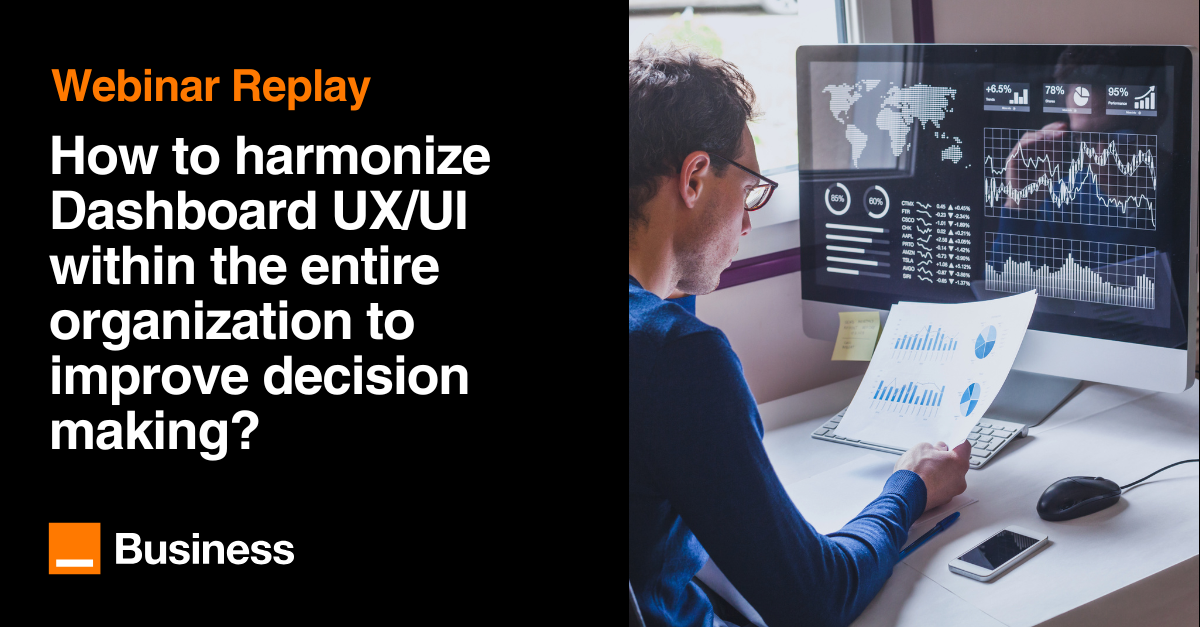
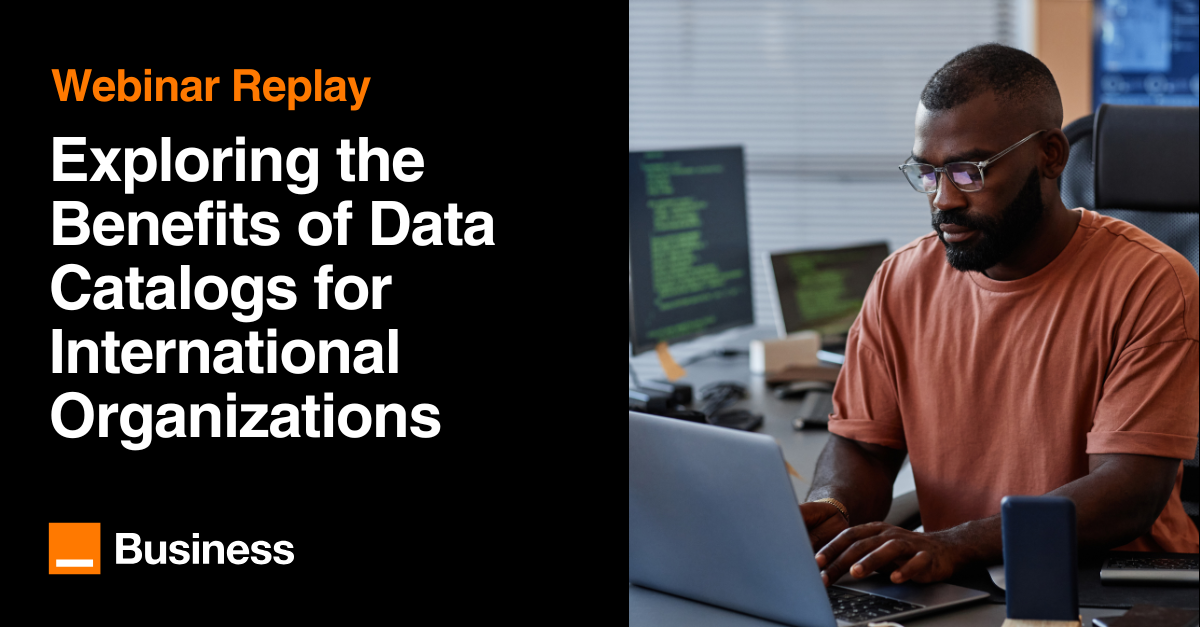

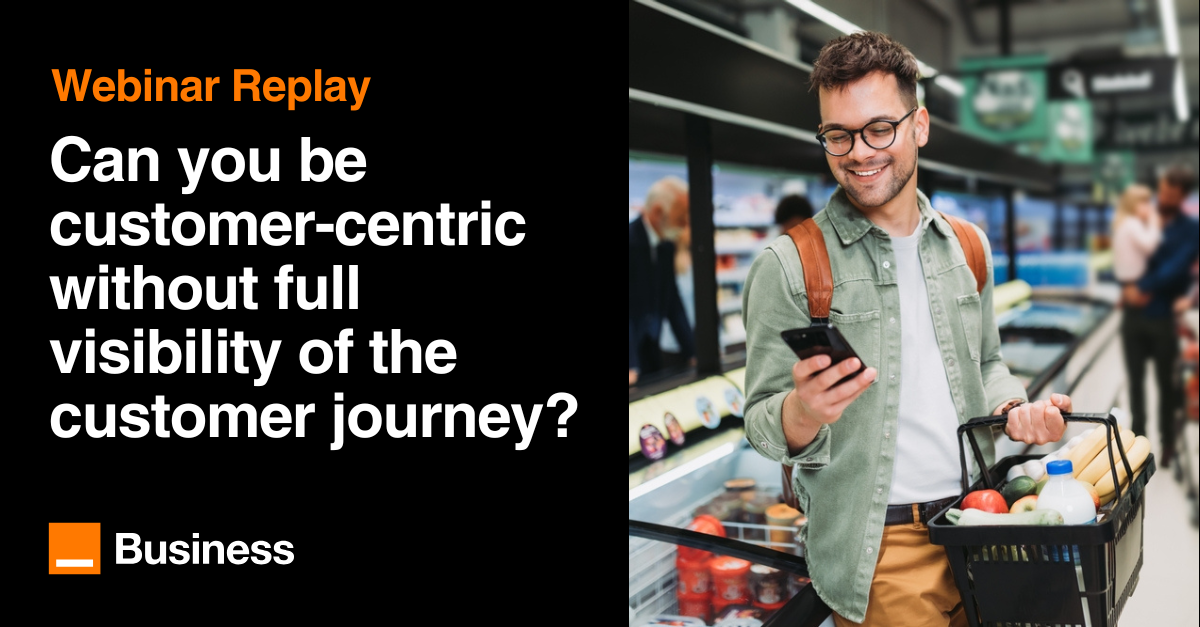
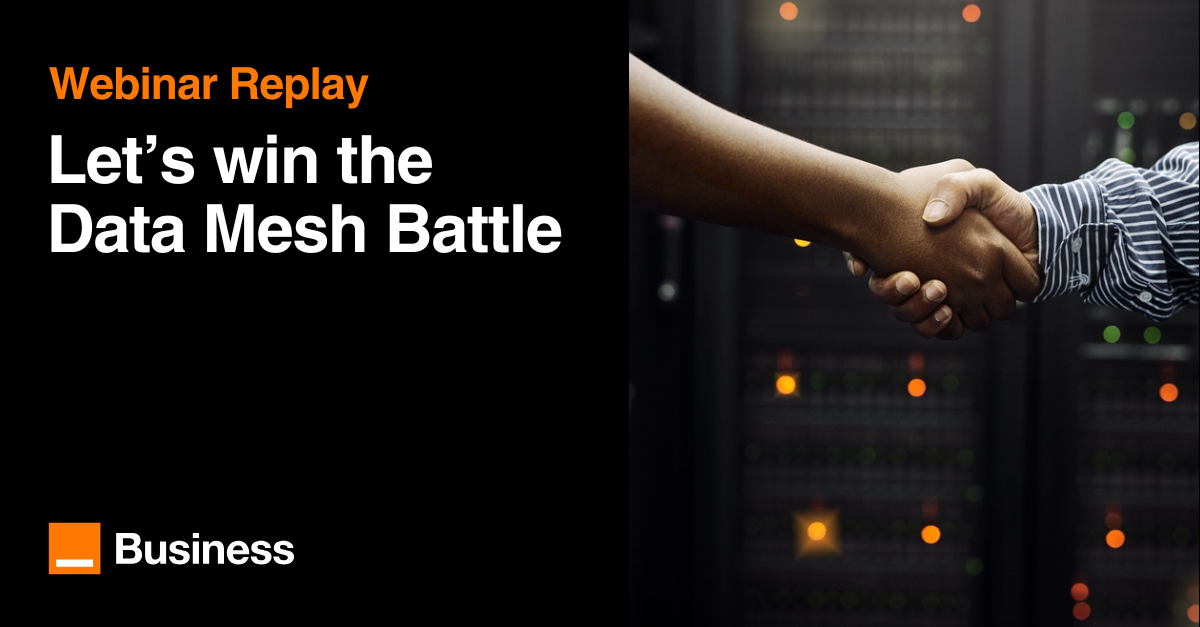
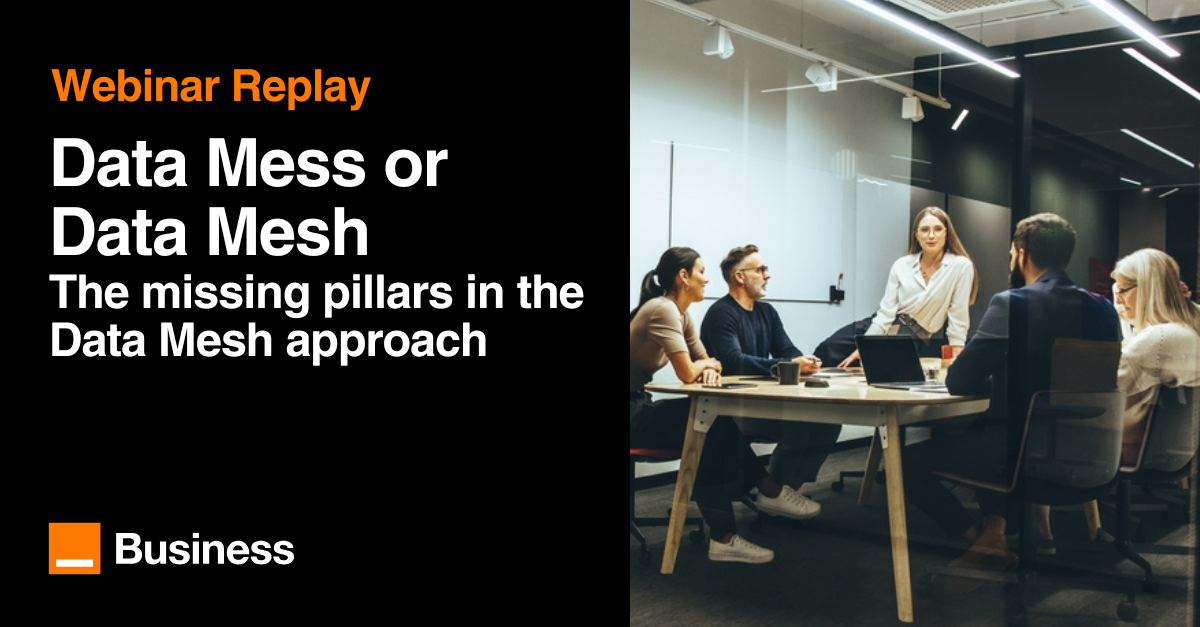
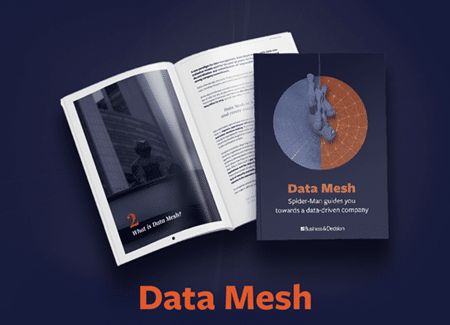



Your email address is only used by Business & Decision, the controller, to process your request and to send any Business & Decision communication related to your request only. Learn more about managing your data and your rights.